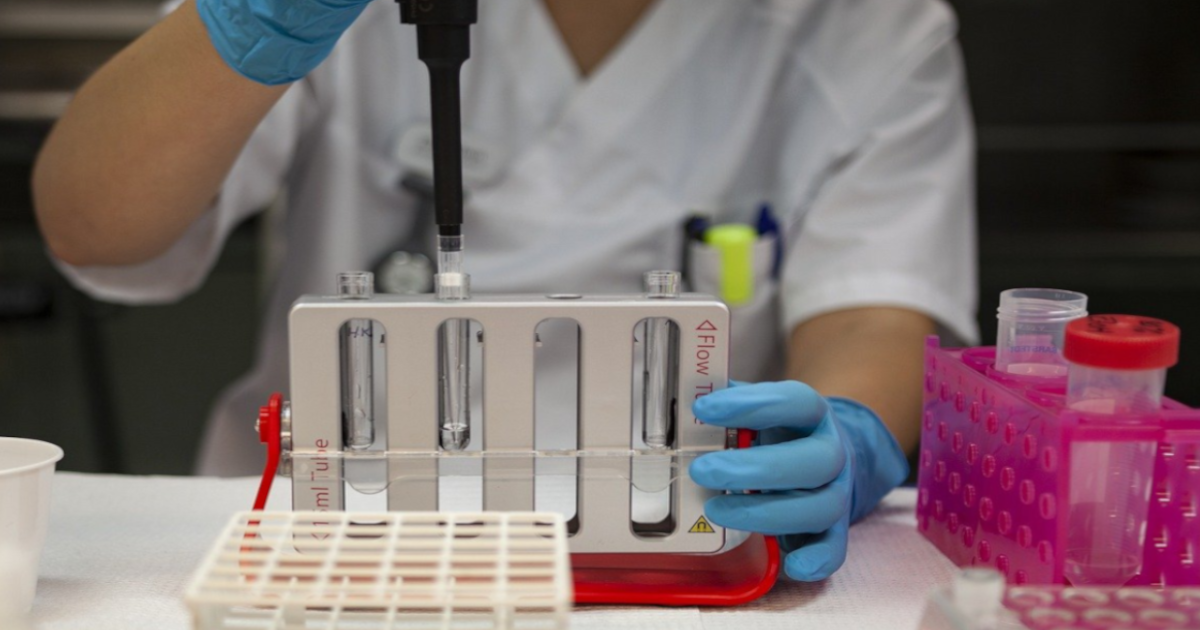
Amid the Turmoil of COVID, Biosafety Legislation Gets Political
In the U.S., Ebright, the Rutgers professor, said the November 2022 elections could point toward more legislative action on biosafety — at least if Republicans win control of the House or Senate. “If there is a change in control in either or both houses,” he said, “for the first time in four or five decades, the matter will be on the table.”
April 1, 2023 | Source: UNDARK | by Michael Schulson
In March 2021, three members of Congress sent a long letter to the director of the National Institutes of Health, the country’s premier funder of biomedical research. The lawmakers help lead a House subcommittee overseeing public health, and they wanted details about the agency’s support of coronavirus research in Wuhan, China, site of the first reported cases of Covid-19.
Their concerns about that research — and its possible role in the pandemic’s origin — were growing more mainstream. Days earlier, a group of 26 scientists and biosecurity experts had called for an investigation into a possible lab leak. In the coming weeks, a chorus of prominent scientists, including the head of the World Health Organization, would make similar appeals.
Conspicuously absent from the Congressional letter — and subsequent requests from the subcommittee — were the signatures of any Democrats. The omission seemed illustrative of a broader dynamic: The pandemic has brought unprecedented public attention to the safety practices of laboratories that work with dangerous pathogens.
